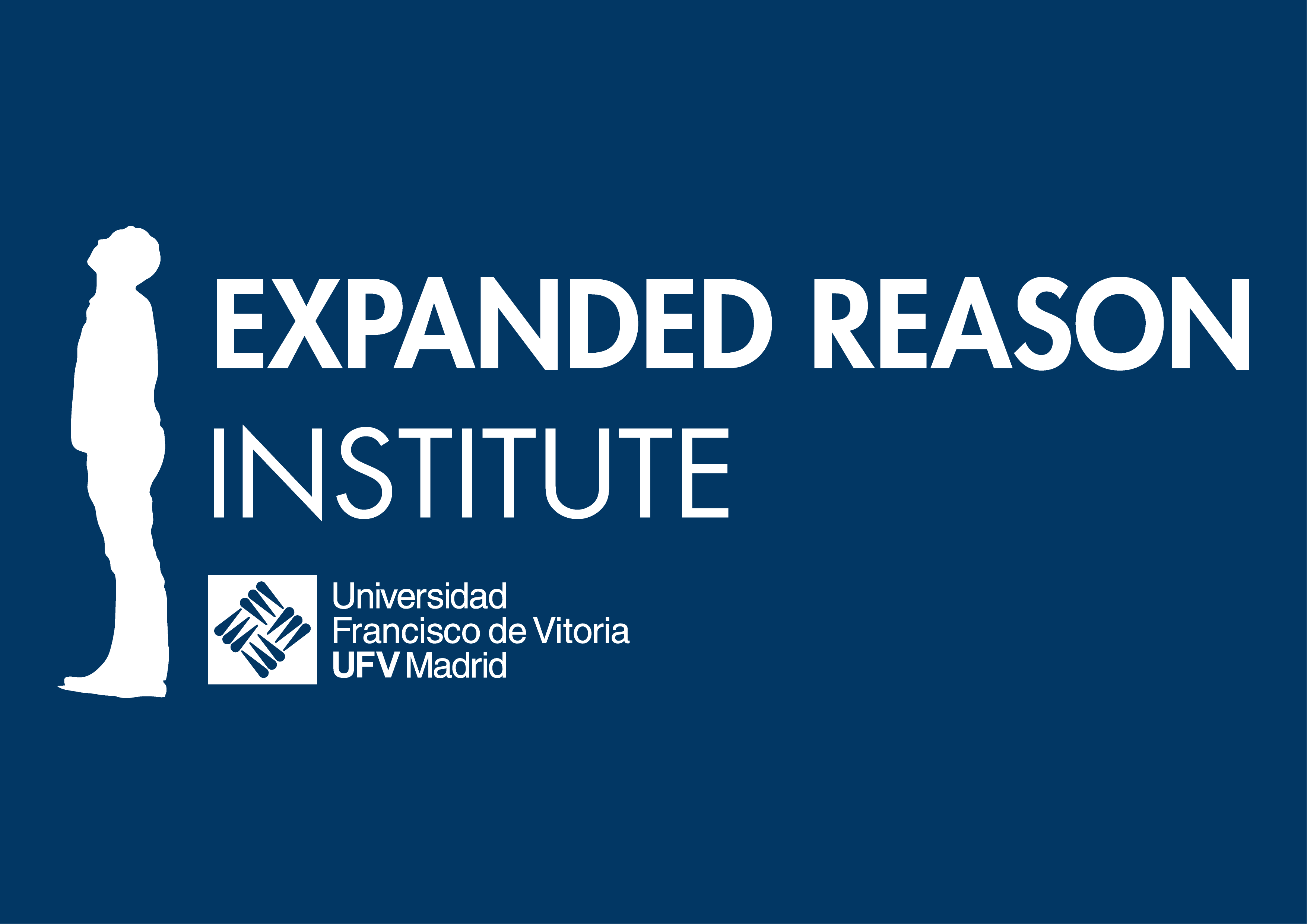Biography
Bruno Dyck
 Bruno Dyck’s Expanded Reason Award for “Innovations in teaching an introductory course in management” recognizes innovations he has developed over a thirty-year period at the Asper School of Business (University of Manitoba, Winnipeg, Canada), where he has won teaching awards at the Faculty and the University levels. His innovations—which have an on-going and particularly holistic focus on sustainability—have benefitted students world-wide via the textbooks and related research he has published.
Bruno Dyck’s Expanded Reason Award for “Innovations in teaching an introductory course in management” recognizes innovations he has developed over a thirty-year period at the Asper School of Business (University of Manitoba, Winnipeg, Canada), where he has won teaching awards at the Faculty and the University levels. His innovations—which have an on-going and particularly holistic focus on sustainability—have benefitted students world-wide via the textbooks and related research he has published.
Rather than describe his particular innovations as they have unfolded chronologically during his career, this brief description of his work will highlight his innovations evident in the most-recent management textbook he has co-authored:
Dyck, B., Caza, A., and Starke, F. (2018). Management: Financial, Social, and Ecological Well-Being. Winnipeg, Manitoba, Canada: Sapajo Publishing.
This textbook covers all the core material found in conventional management textbooks, but with several key differences. Most notably, each chapter presents three different approaches to management, each of which is based upon a different moral-point-of-view:
1) Financial Bottom Line (FBL) management, which focuses on maximizing financial well-being, and is based on a consequential utilitarian moral-point-of-view
2) Triple Bottom Line (TBL) management, which also focuses on maximizing financial well-being via sustainable development, and is based on an enlightened consequential utilitarian moral-point-of-view
3) Social and Ecological Though (SET) management, which focuses on enhancing socio-ecological well-being ahead of maximizing profits, and is based on a virtue ethics moral-point-of-view.
In general, by describing how all approaches to management are inherently value-laden, and how each moral-point-of-view gives rise to a distinct approach to management, the book compels students to think about each of the four dimensions of Expanded Reason Awards, as follows.
1) Anthropological dimension: each of the three approaches to management make different assumptions about: the vision of humankind (e.g., SET management has the greatest focus on solidary, and FBL management is most individualistic), freedom of humankind (e.g., SET management places greatest emphasis on the social construction of reality), and the inherit dignity of humans (especially emphasized in SET management).
2) Epistemological dimension: the scope of measurement standards regarding what truly constitutes effective management is the narrowest for FBL management (profits) and the broadest for SET management (social and ecological externalities, including values like compassion and the decommodification of success).
3) Ethical dimension: because each approach to management is underpinned by a different ethical- or moral-point-of-view, students are compelled to reflect on how ethics are manifest in management practice, and to think about what their own personal moral-point-of-view is and how they will put it into practice in the workplace.
4) Philosophical dimension: the book dares to ask and to discuss at some length the question: “What is the meaning of life?” which is linked to the hallmarks of the literature on meaningful work.
Students clearly appreciate learning about different approaches of management. After the course, about 5 percent of students self-identify as FBL managers, 75 percent as TBL managers, and 20 percent as SET managers. A highlight for Dyck is when, after the course is completed, students tell him that they do not identify with one of the management approaches described in the textbook, but rather that taking the course has helped them to better understand their own personal moral-point-of-view and how they want to express it in their careers.
Dyck’s innovations are particularly noteworthy in how they are supported by his pedagogical research, and by his studies that develop theory and practice in SET management. For more information, please visit Dyck’s website and/or the textbook website.


